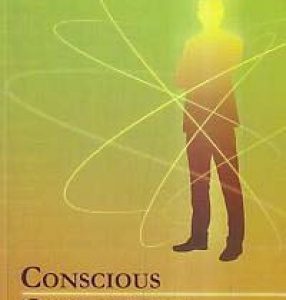
Sri Aurobindo

43 books

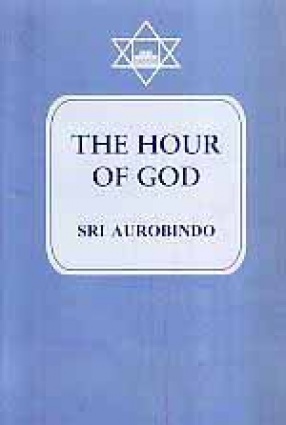
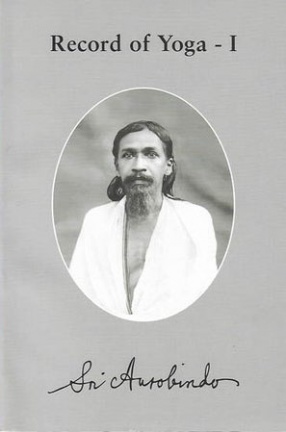
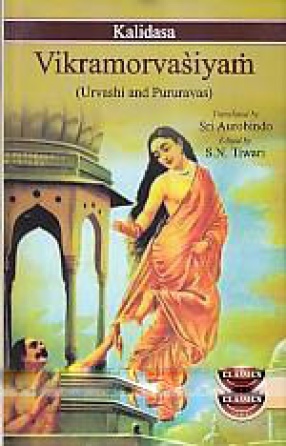
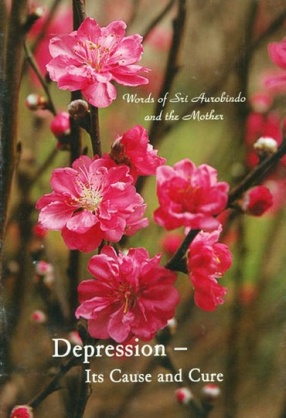
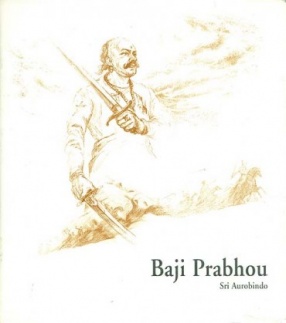
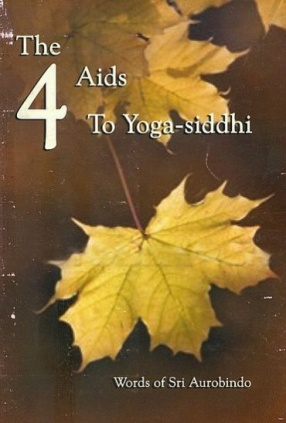
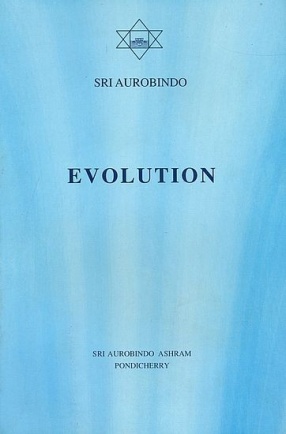
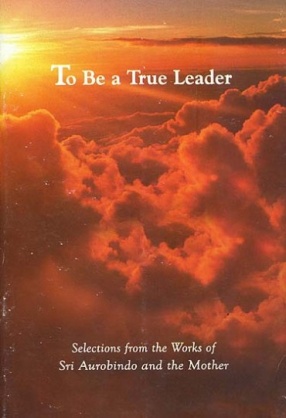
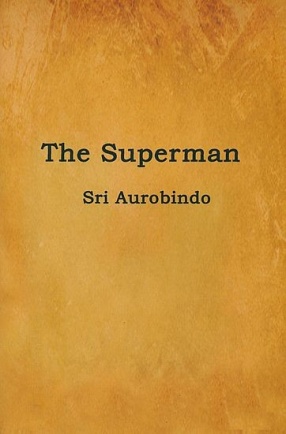

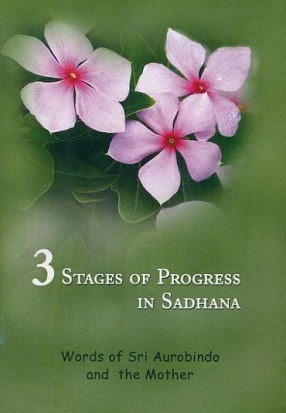
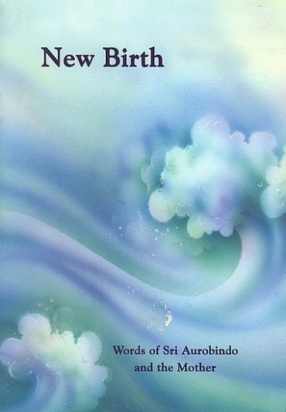
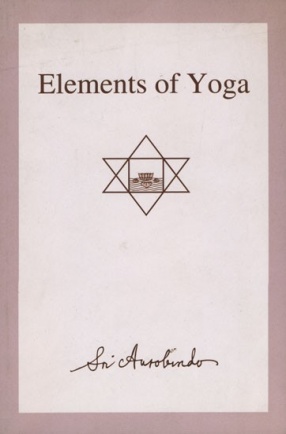
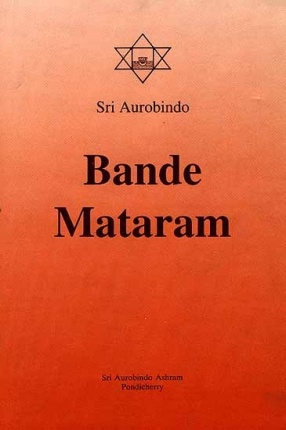
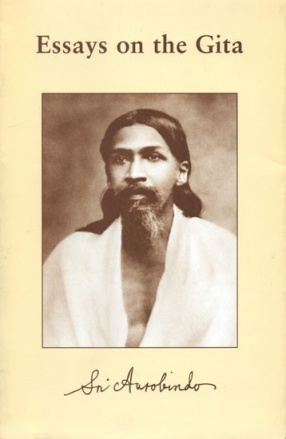



Record of Yoga is a diary of Sri Aurobindo's practice of Yoga between 1909 and 1927. It has been seen that in repose, in nivritti in udasinata, perfect peace and an and a are possible; but the thing the Yoga has set out to establish is the perfect harmony of Nivritti & Pravritti, of desirelessness & Lipsa, of Guna & Nirguna, complete Ananda, Tapas, Knowledge, Love, Power & Infinite Egoless Being, consummating in the full and vehement flow of the ...


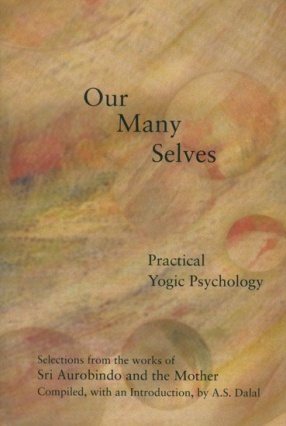
This book is meant to bear out Sri Aurobindo's oft-quoted statement, "Yoga is nothing but practical psychology". Generally, yoga is viewed as made up of certain set practices and certain rules and norms pertaining to one's outer life. In contrast to this view, Our Many Selves, compiled from the works of Sri Aurobindo and the Mother, presents Yoga as consisting essentially in inner psychological work aimed at the transformation of consciousness.

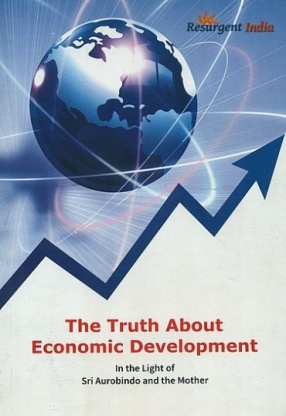
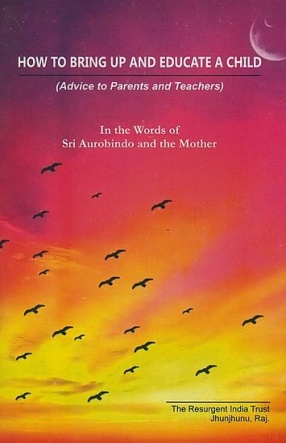

YOGA-SIDDHI, the perfection that comes from the practice of Yoga, can be best attained by the combined working of four great instruments. There is, first, the knowledge of the truths, principles, powers and processes that govern the realization-sastra. Next comes a patient and persistent action on the lines laid down by this knowledge, the force of our personal effort - utsaha. There intervenes, third, uplifting our knowledge and effort into the domain of ...

This book contains three essays: "Evolution", "The Inconscient" and "Materialism". Concluding the first essay Sri Aurobindo writes:
"Thus the whole view of Evolution begins to change. Instead of a mechanical, gradual, rigid evolution out of indeterminate Matter by Nature-Force we move towards the perception of a conscious, supple, flexible, intensely surprising and constantly dramatic evolution by a superconscient Knowledge ...
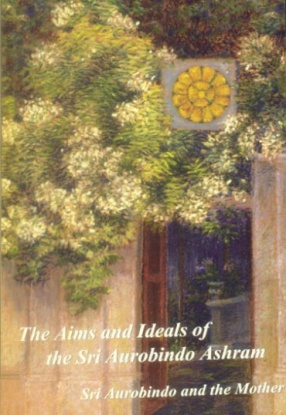
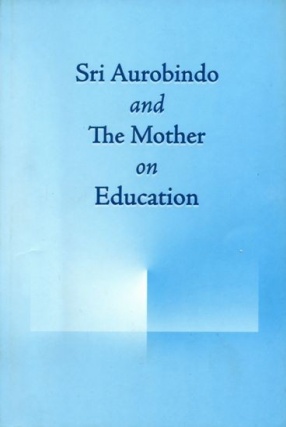

Experts from the writings of Sri Aurobindo and the Mother published in AIM booklets are the editor’s selection intended to give the reader some basic idea on the subject. These are by no means exhaustive. These compilations, we hope, will inspire the reader to study the complete work of Sri Aurobindo and the Mother. Titles to the excerpts are given by the editor.
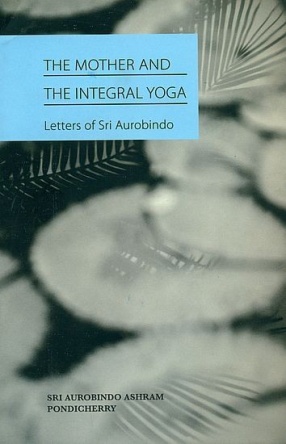
This compilation of Sri Aurobindo’s letters deals primarily with the role of the Divine Mother in the practice of the Integral Yoga. In these letters Sri Aurobindo explains who the Mothers is and how one can open oneself to her help Surrender to the Mother; true relation with her help in difficulties; her Presence, Light and force; her as part of one’s sadhana; receiving her help in difficulties; her Presence, light and Force; her human embodiment- ...

When the full heart of Love is tranquillised by knowledge into a calm ecstasy and vibrates with strength, when the strong hands of Power labour for the world in a radiant fullness of joy and light, when the luminous brain of knowledge accepts and transforms the heart's obscure inspirations and lends itself to the workings of the high-seated Will, when all these gods are founded together on a soul of sacrifice that lives in unity with all the world and accepts all ...
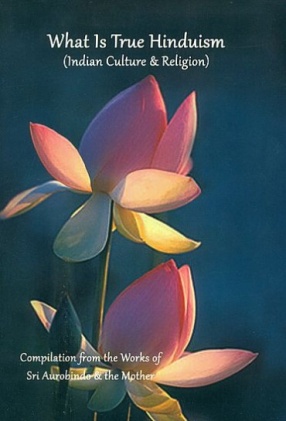

The world is for us what our mind and senses declare it to be; life is what our mentality determines that it shall become. The question is asked by the Upanishad, what then are these mental instruments? what is this mental life which uses the external? Are they the last witnesses, the supreme and final power? Is mind all or is this human existence only a veil of something greater, mightier, more remote and profound than itself?
The Upanishad replies that there is ...


Excerpts from the writings of Sri Aurobindo and the Mother published in AIM booklets are the editor's selection intended to give the reader some basic idea on the subject. These are by no means exhaustive. These compilations, we hope, will inspire the reader to study the complete works of Sri Aurobindo and the Mother. Titles to the excerpts are given by the editor.
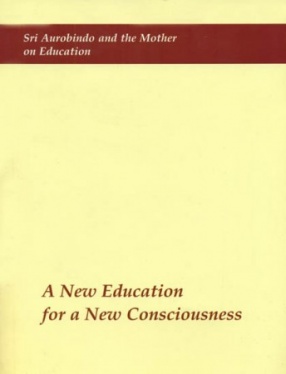

In this collection of brief replies to the question of a disciple, Sri Aurobindo discuss the essential qualities needed to practise the Integral Yoga-aspiration, faith, devotion, surrender, sincerity. He also explains how to deal with some of the problems of spiritual life.

For a subject people there is no royal road to emancipation. They must wade to it through struggle, sacrifice, slaughter, if necessary. History suggests no short-cut. Other nations also were weak, disunited and denationalized like ourselves. It is the rallying cry of freedom that combined their scattered units, drawing them together with a compelling and magical attraction. Those who would win freedom, must first imbue the people with an overpowering conviction ...

